In a world where health and sustainability are gaining traction, the demand for organically grown fruits has surged. Among these, organic dates have carved out a unique niche. Loved for their rich flavor, high nutritional value, and natural sweetness, dates are now a staple in many health-conscious households. But not all dates are created equal—especially when it comes to organic production. This article dives deep into the top countries leading in organic date fruit production, analyzing their farming practices, export volumes, and impact on the global market.
Why Organic Dates Are in High Demand
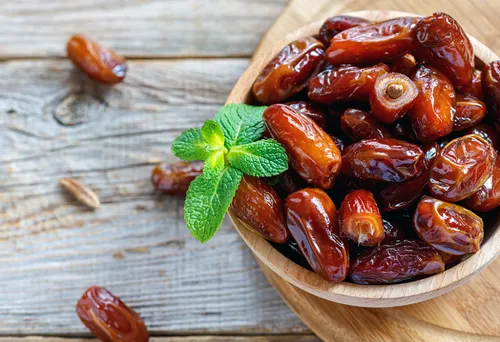
Before understanding which countries are leading the organic date market, it’s important to understand why organic dates are becoming a global commodity. Unlike conventional dates, organic dates are grown without synthetic fertilizers, pesticides, or genetically modified organisms (GMOs). This not only makes them safer for consumption but also more sustainable for the environment.
Health-conscious consumers are driving the demand for organic foods, and dates—being a naturally sweet, high-fiber snack—fit perfectly into vegan, paleo, and keto diets. As a result, organic date farming is growing faster than conventional date production, especially in countries with favorable climates and supportive policies.
Top Countries Leading in Organic Date Production
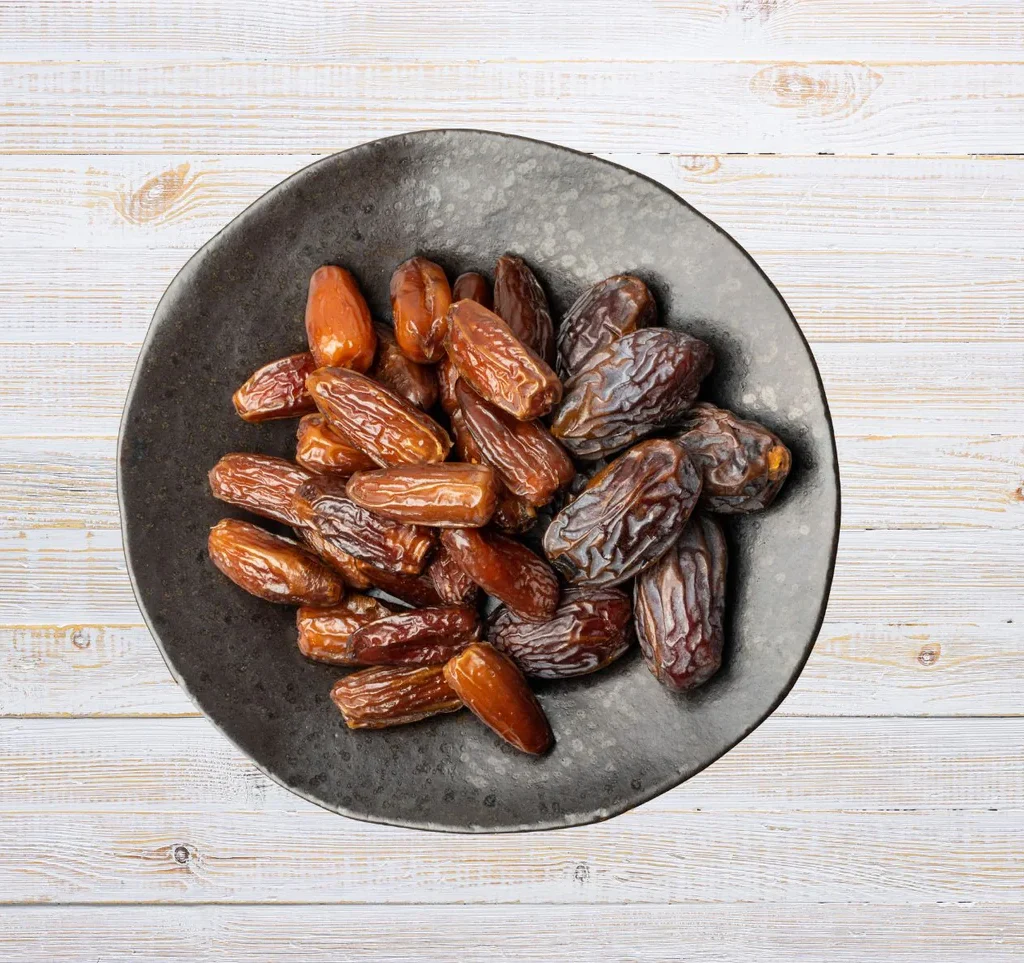
1. Tunisia – The Undisputed Organic Date Leader
Tunisia is arguably the world’s leading producer of organic dates, particularly the coveted Deglet Nour variety. The North African country boasts over 6.4 million date palms, and a significant portion of these are cultivated under organic farming practices.
- Production Volume (2024 Estimate): 360,000+ tons of dates, with nearly 35-40% certified organic.
- Exports: Tunisia exports to over 80 countries, including France, Germany, Canada, and the U.S.
- Farming Practices: Many Tunisian farmers follow traditional oasis-based agriculture, which minimizes the use of chemicals and supports biodiversity.
- Certifications: Tunisian organic dates are certified by EU Organic, USDA Organic, and JAS (Japan), boosting their global marketability.
2. Saudi Arabia – Combining Tradition with Innovation
While Saudi Arabia is better known for large-scale conventional date production, it’s rapidly gaining ground in the organic sector. With strong governmental support under its Vision 2030 agricultural diversification plans, the kingdom is investing heavily in organic certification and sustainable farming.
- Production Volume (2024 Estimate): 1.5 million+ tons of dates, with around 10% being organic.
- Notable Varieties: Ajwa, Sukkary, and Khudri are increasingly cultivated using organic methods.
- Export Markets: United Arab Emirates, Malaysia, Indonesia, and the U.S.
- Research and Development: The King Faisal University and Saudi Organic Farming Association are key in promoting organic methods.
3. Iran – Ancient Practices Meet Modern Demand
Iran, one of the oldest date-producing nations in the world, is gradually shifting toward certified organic production. The country’s vast climatic zones—from humid to arid—make it possible to grow a wide range of date varieties organically.
- Production Volume (2024 Estimate): Over 1.3 million tons, with approximately 5-8% certified organic.
- Key Organic Regions: Kerman, Bam, Hormozgan, and Sistan-Baluchestan.
- Export Footprint: Iran exports to over 70 countries, including Russia, India, and some EU nations.
- Challenges: Sanctions and lack of international certification bodies can sometimes hinder Iran’s export potential, but domestic demand for organic products is growing.
4. Algeria – Rising Organic Star in North Africa
Algeria is stepping up its efforts to compete with Tunisia in the organic date market. With over 18 million date palms, Algeria is well-positioned to increase its certified organic production in the coming years.
- Production Volume (2024 Estimate): 1.1 million tons, with around 6-10% organic.
- Export Markets: France, Germany, Canada, and the Middle East.
- Government Support: Organic agriculture is part of Algeria’s National Agricultural Development Plan, promoting sustainable farming among date producers.
- Varieties: Deglet Nour and Ghars are popular for organic cultivation.
5. United Arab Emirates – Technology-Driven Organic Farming
The UAE is not just a consumer hub for dates—it’s also becoming a pioneer in organic date farming using innovative techniques like hydroponics and precision agriculture.
- Production Volume (2024 Estimate): 250,000 tons, with a small but growing organic share of 5-7%.
- Farming Technologies: Use of drip irrigation, solar-powered farms, and biological pest control.
- Support Systems: Government grants and organic certification support from the Ministry of Climate Change and Environment.
- Market Orientation: High-end, premium organic markets in the Gulf, Europe, and East Asia.
Emerging Players in Organic Date Production
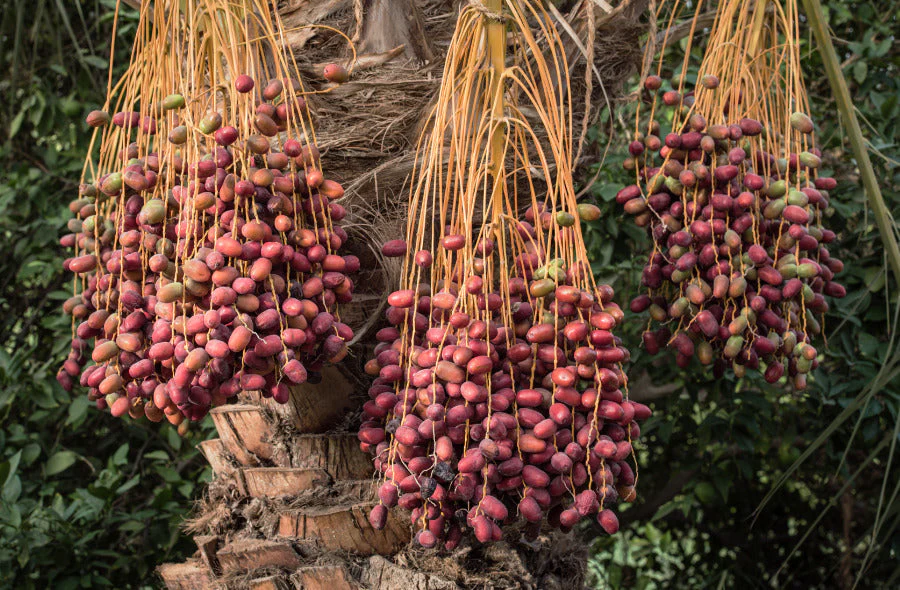
Several other countries are making noticeable progress in the organic date fruit sector:
- Pakistan: Especially in Balochistan and Sindh, efforts are underway to convert date orchards to organic through international NGO support.
- Egypt: Organic production is small but growing, especially targeting EU markets.
- India: Though not a traditional date hub, India is exploring organic date farming in Rajasthan and Gujarat.
- Morocco: Focused on sustainable oasis farming to boost organic certification rates.
Key Challenges in Organic Date Farming
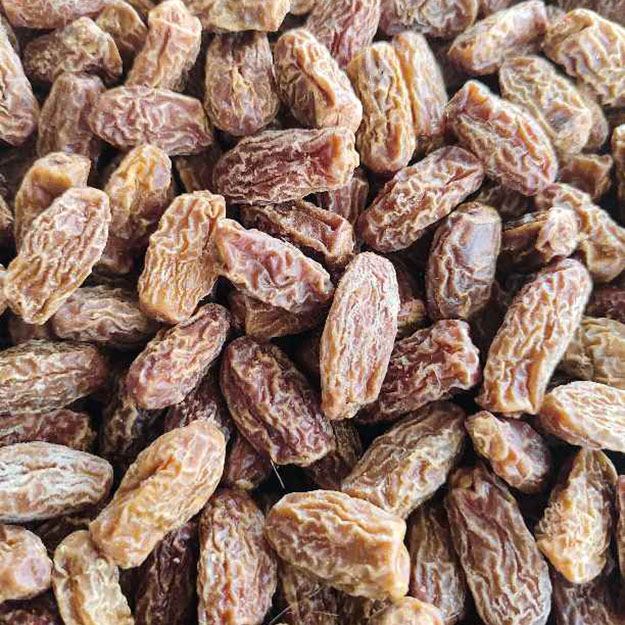
Despite the growing interest, organic date production faces several obstacles:
- Certification Barriers: Organic certification can be expensive and time-consuming, especially for small farmers.
- Pest Management: Organic farmers have limited options for dealing with pests like the red palm weevil.
- Climate Change: Drought and shifting climate patterns are impacting yields and making sustainable farming harder.
- Market Access: Some countries face export restrictions or logistical hurdles that make it hard to compete globally.
Global Market Trends and Consumer Preferences
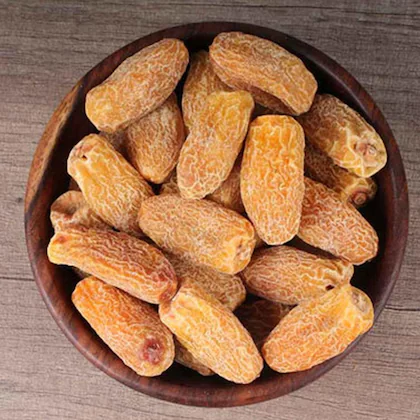
The global market for organic dates is growing at a CAGR of 7-9%, driven by:
- Rising health awareness and preference for natural sweeteners
- Increasing adoption of vegan and clean-label diets
- Expansion of organic product sections in supermarkets and e-commerce platforms
- Growing demand for date-based snacks, energy bars, and syrups
Premium markets like Germany, France, the U.S., and Japan are particularly interested in certified organic dates, opening up new opportunities for leading producers.
Conclusion
The global shift toward sustainable and organic agriculture has propelled several nations into the spotlight for their organic date production. Countries like Tunisia, Saudi Arabia, and Iran are not only preserving centuries-old traditions but also adopting modern organic practices to meet global standards.
As consumer preferences continue to favor healthful, environmentally responsible foods, the demand for organic dates is poised to rise even higher. With supportive policies, innovation, and international collaboration, these organic date leaders are setting the gold standard for fruit production in the 21st century.

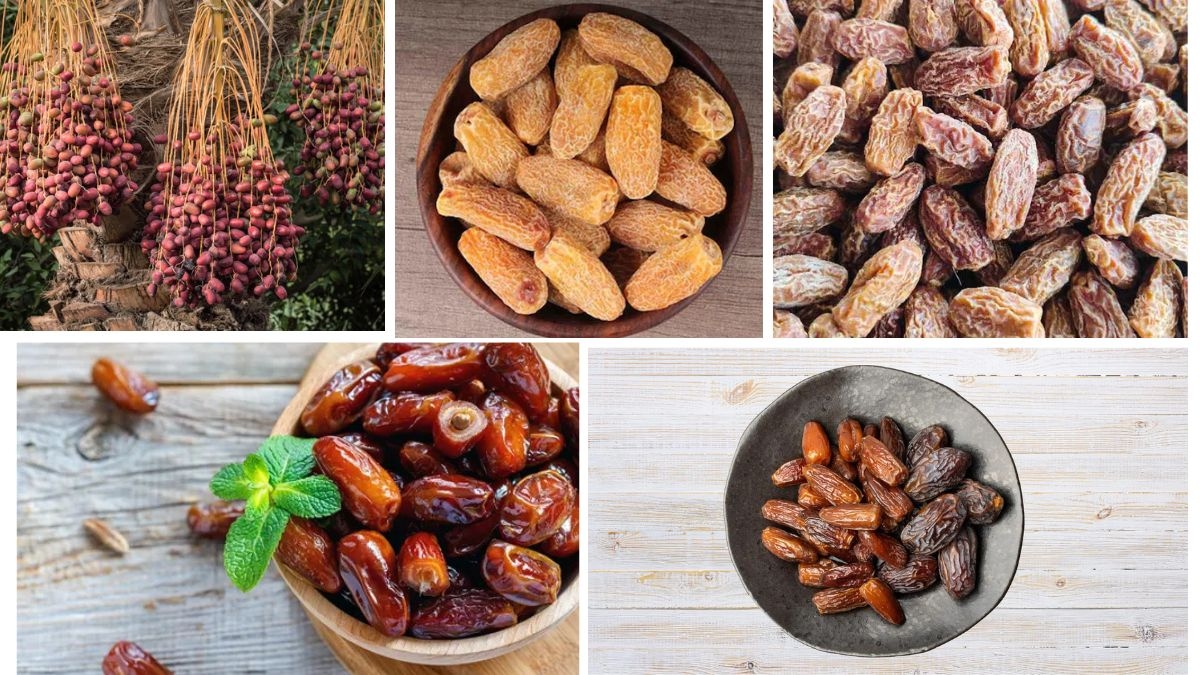
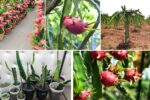
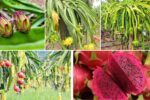

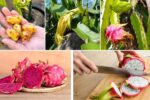
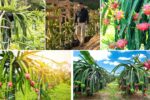
Leave A Comment